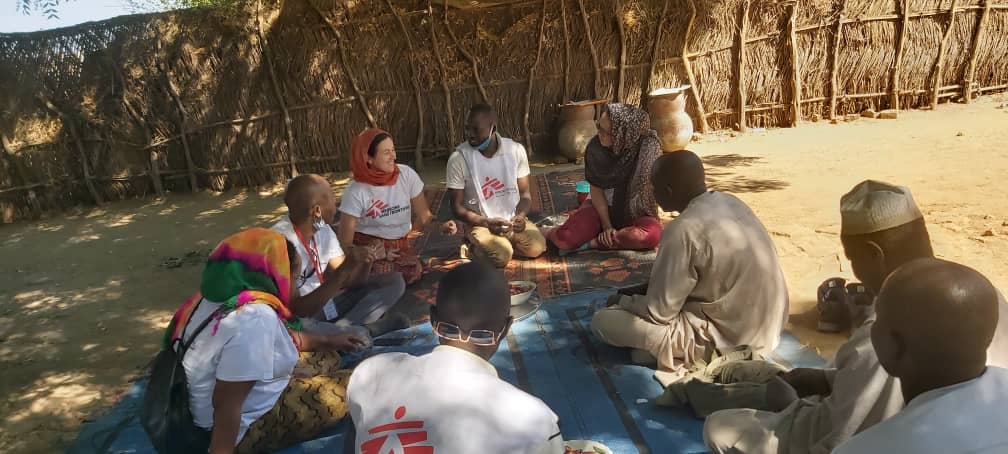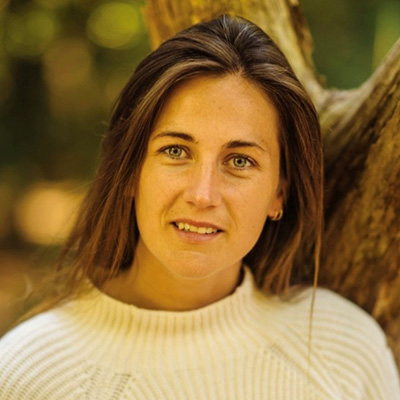Chad: Listening can save lives
When an emergency hits, our teams are experts at providing fast, high quality healthcare. But what happens in a chronic crisis? How can we work with communities to improve health in the long term? Noor is part of an innovative pilot project that's taking a new approach...
Silence can kill
In 2015, I started my first assignment for Médecins Sans Frontières / Doctors Without Borders (MSF). As humanitarian affairs officer, I gathered testimonies from people talking about medical needs and human rights violations in the south of the Democratic Republic of the Congo (DRC).
In DRC we spoke out about violence against civilians and limited access to medical care, especially for women. Although we are not sure that words can always save lives, we do know that silence can kill. So when we see injustice, the world will know.
Speaking out
The same motive leads me to Chad now, seven years later. As project coordinator, I manage our team and am responsible for our project in Sila.
This province borders Darfur, Sudan, and is home to tens of thousands of Sudanese refugees as well as Chadians. Some people have had to leave their homes due to both conflict and climate change.
In addition to the vulnerability that comes with displacement, in Sila many people experience barriers to accessing healthcare, especially in rural areas. Here, too, we will speak out about this injustice.
The silence of the desert
Before I leave for Chad, a philosopher told me that the desert has a magical effect. He predicted that the space and emptiness of the desert will sharpen my senses. "You will see, hear and smell with greater awareness and precision.”
Full of anticipation, I began the journey. Upon arrival in Chad, I took in the desert with all my senses.
It is hot, sweltering hot. Dust tickles in my throat. My nose begins to bleed. Eyes prickle. And it is quiet, really quiet.
A silent crisis
Far from the headlines, a crisis has been ongoing in Chad for decades. Almost nowhere else are mothers and children dying in such high numbers from preventable diseases.
Our teams provide medical care in various locations throughout the country. Many lives are saved through our projects in hospitals and clinics.
However, we also see that every time the situation improves and we complete a project, the needs quickly increase again.
We must also confront the fact that sometimes the situation becomes worse than it was before our presence. This is because, for example, during our presence people become accustomed to free medical care. This not only changes existing, informal care systems, it also changes health-seeking behavior and the sense of responsibility for community health.
At the request of communities themselves, in collaboration with a team of epidemiologists and anthropologists, we have spent the last few years conducting research to understand how we can play a more effective role in this protracted crisis. We are currently incorporating those findings into our pilot project in Sila.
More listening
Although we will also speak out about injustice here, we are trying to talk a little less and listen a bit more. Honoring the silence of the desert, one might say.
What informal systems of care are already in place?
How do we ensure that we strengthen them durably rather than replace them temporarily?
What does good healthcare mean to different communities?
How do they think we can make a valuable contribution, knowing that our presence is temporary?
For our teams, this is quite a shift in gears. We are less in the hospitals, more in the communities. Doing less. Listening more. And then we will build together, as equal partners.

